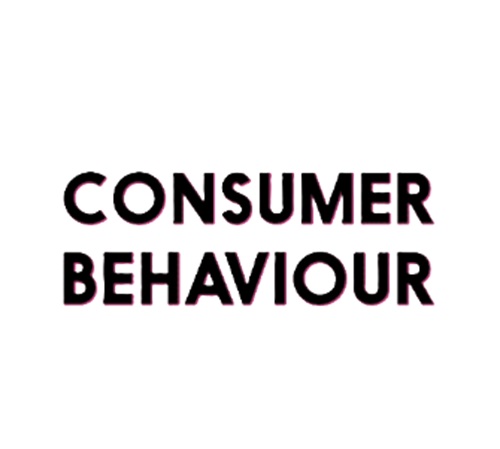🧠 Consumer Behaviour in Economics: Understanding How and Why We Buy
Introduction
Consumer behaviour in economics refers to the study of how individuals make decisions to allocate their limited resources (usually money and time) among various goods and services. It forms a critical part of microeconomics and helps economists, businesses, and policymakers understand how preferences, income, and prices influence consumption decisions.
Whether it’s choosing between a cup of tea and coffee or deciding to buy a car or save the money, every economic decision a consumer makes reflects their behaviour. Let’s explore the theories, factors, and significance of consumer behaviour in economics.
📘 What is Consumer Behaviour in Economics?
Consumer behaviour is the study of how individuals or households decide to spend their income based on utility, preferences, and constraints. The central idea is that consumers aim to maximize their satisfaction or utility from the consumption of goods and services.
🧮 Key Assumptions of Consumer Behaviour in Economics
-
Rationality: Consumers are rational and aim to maximize their utility.
-
Limited Income: Consumers operate within a budget constraint.
-
Preferences: Consumers have clear preferences and can rank their choices.
-
Utility Maximization: Consumers choose the combination of goods that gives the highest satisfaction.
-
Diminishing Marginal Utility: The additional satisfaction from consuming one more unit of a good decreases as consumption increases.
⚖️ Theories of Consumer Behaviour
1. Cardinal Utility Approach (Marshallian Approach)
-
Introduced by Alfred Marshall.
-
Assumes utility can be measured in numeric units called utils.
-
Based on the Law of Diminishing Marginal Utility, which states that as a person consumes more units of a good, the utility derived from each additional unit decreases.
2. Ordinal Utility Approach (Indifference Curve Analysis)
-
Proposed by Hicks and Allen.
-
Assumes utility cannot be measured, but preferences can be ranked.
-
Consumers aim to reach the highest indifference curve within their budget.
-
Uses tools like indifference curves and budget lines.
3. Revealed Preference Theory (Paul Samuelson)
-
Based on actual consumer choices rather than assumptions.
-
Suggests that preferences can be understood by observing consumer behaviour in the market.
💡 Factors Influencing Consumer Behaviour
-
Price of Goods
-
Income of the Consumer
-
Prices of Related Goods (Substitutes & Complements)
-
Tastes and Preferences
-
Expectations of Future Prices
-
Government Policies (Taxes, Subsidies)
-
Social and Cultural Influences
📊 Example: Budget Line and Choice
Suppose a consumer has ₹100 and can buy only two goods: Apples and Bananas. The prices are:
-
Apple = ₹10 each
-
Banana = ₹5 each
The budget line represents all possible combinations the consumer can afford. By applying indifference curves, economists determine the consumer equilibrium, where utility is maximized given the budget.
🧭 Importance of Studying Consumer Behaviour in Economics
-
Understanding Demand: Helps in understanding how demand is affected by changes in price and income.
-
Policy Making: Assists governments in designing effective taxation, subsidies, and welfare programs.
-
Business Strategies: Enables firms to forecast market trends and consumer demand.
-
Resource Allocation: Guides optimal allocation of limited resources in an economy.
🌐 Changing Trends in Consumer Behaviour (Economic Perspective)
-
Digital Economy Influence – More choices, ease of comparison.
-
Subscription Models – Changing spending habits.
-
Gig Economy – Impact on income and consumption patterns.
-
Environmental Consciousness – Rise in demand for sustainable products.
✅ Conclusion
Consumer behaviour is a foundational concept in economics that provides deep insights into how individuals and societies function. By analyzing consumption patterns, economists can make better predictions, businesses can improve their offerings, and governments can design more effective economic policies.
Ultimately, consumer behaviour is not just about what we buy—but why, how, and under what circumstances we make those choices.

